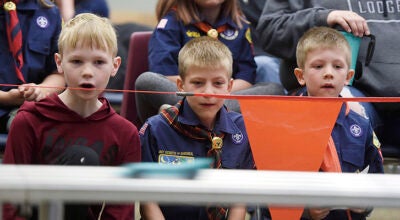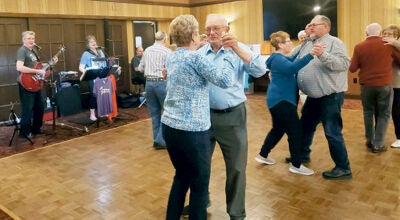Obama defends drone strikes but says no cure-all
Published 2:16 pm Thursday, May 23, 2013
WASHINGTON — President Barack Obama on Thursday defended America’s controversial drone attacks as legal, effective and a necessary linchpin in an evolving U.S. counterterrorism policy. But he acknowledged the targeted strikes are no “cure-all” and said he is haunted by the civilians unintentionally killed.
The president also announced a renewed push to close the Guantanamo Bay detention center in Cuba, including lifting a moratorium on prisoner transfers to Yemen. However, shutting the prison will still require help from Republicans reluctant to back Obama’s call to move some detainees to U.S. prisons and try them in civilian courts.
Obama framed his address as an attempt to redefine the nature and scope of terror threats facing the U.S., noting the weakening of al-Qaida and the impending end of the U.S. war in Afghanistan.
“Neither I, nor any president, can promise the total defeat of terror,” Obama said in remarks at the National Defense University. “What we can do — what we must do — is dismantle networks that pose a direct danger, and make it less likely for new groups to gain a foothold, all while maintaining the freedoms and ideals that we defend.”
Since taking office, Obama’s counterterrorism strategy has increasingly relied on the use of strikes by unmanned spy drones, particularly in Pakistan and Yemen. The highly secretive program has faced criticism from congressional lawmakers who have questioned its scope and legality.
The president, in his most expansive public discussion on drones, defended their targeted killings as both effective and legal. He acknowledged the civilian deaths that sometimes result — a consequence that has angered many of the countries where the U.S. seeks to combat extremism — and said he grapples with that trade-off.
“For me, and those in my chain of command, these deaths will haunt us as long as we live,” he said. Before any strike, he said, “there must be near-certainty that no civilians will be killed or injured — the highest standard we can set.”





